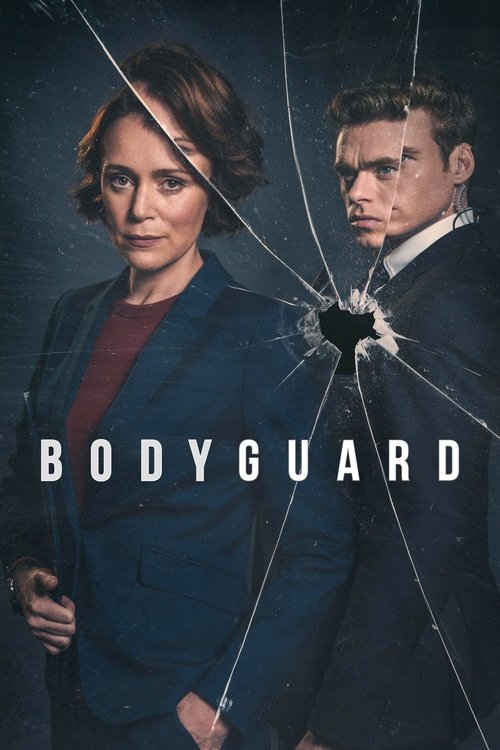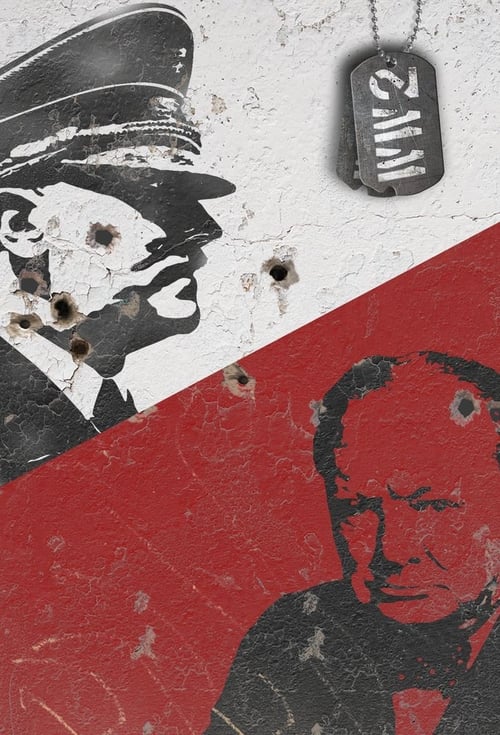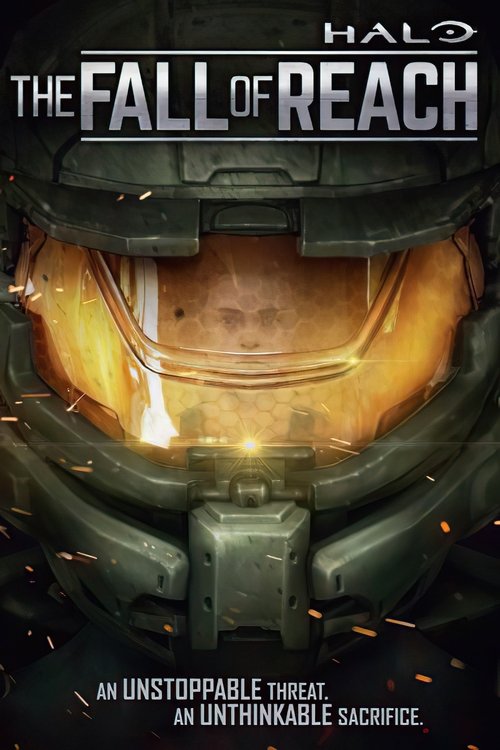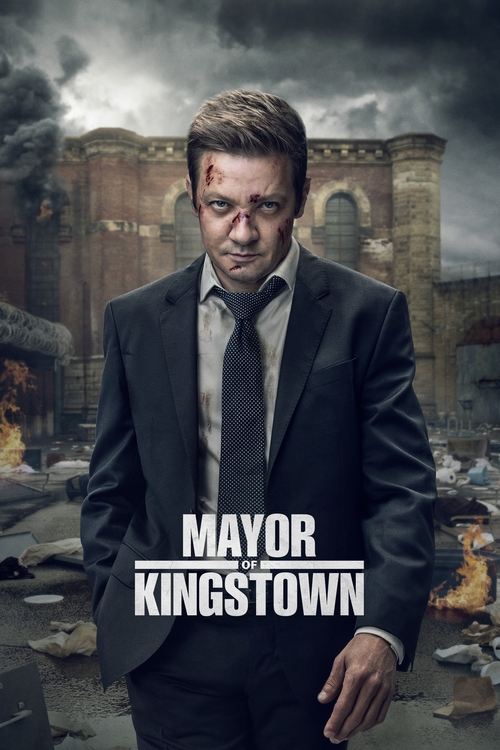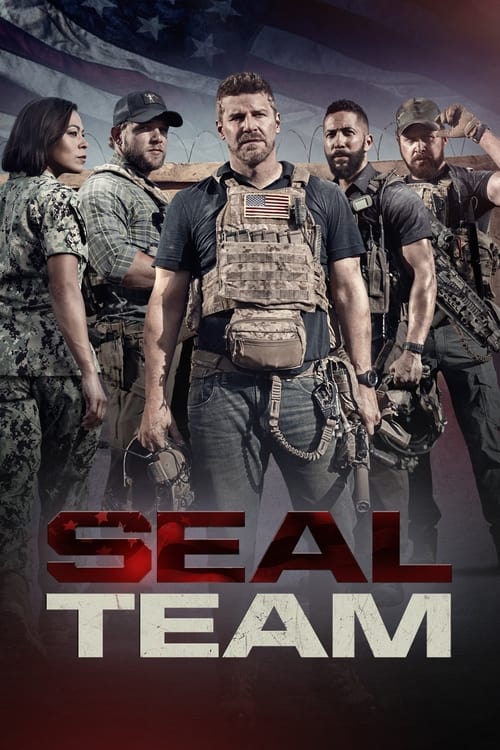
Ask Your Own Question
What is the plot?
In the episode "Backfire," the story begins with President Tom Kirkman facing a significant challenge as he deals with the aftermath of a recent terrorist attack. The episode opens with Kirkman in a meeting with his national security team, where they discuss the implications of the attack and the need for a strong response. Tensions are high as they debate the best course of action, with Kirkman feeling the weight of the decisions he must make as the leader of the country.
As the meeting progresses, Kirkman is informed about a potential lead on the terrorists responsible for the attack. He learns that a suspect, who is believed to have connections to the attack, is in custody. Kirkman decides to authorize an interrogation of the suspect, hoping to gather crucial information that could prevent further attacks. This decision reflects his determination to protect the nation, but it also raises ethical questions about the methods used in interrogation.
Meanwhile, FBI Agent Hannah Wells is pursuing her own investigation into the attack. She is determined to uncover the truth and is following leads that suggest a deeper conspiracy. Hannah's investigation leads her to a meeting with a source who provides her with information about a possible connection between the attack and a high-profile individual. This revelation heightens her sense of urgency and commitment to her mission, as she realizes the stakes are much higher than she initially thought.
Back at the White House, Kirkman faces pressure from his advisors and the media to take a hardline stance against the terrorists. He grapples with the moral implications of his decisions, particularly as he considers the potential consequences of military action. Kirkman's internal conflict is palpable as he weighs the need for a strong response against the risk of escalating violence.
As the episode unfolds, Kirkman receives intelligence that suggests the suspect in custody may not be the mastermind behind the attack. This revelation forces him to reconsider his approach. He decides to halt the interrogation, believing that it may not yield the results they need. This decision is met with resistance from some of his advisors, who argue that they need to take decisive action. Kirkman's resolve to act ethically in the face of pressure showcases his character's complexity.
Simultaneously, Hannah continues to dig deeper into her investigation. She uncovers evidence that points to a larger network involved in the attack. Her pursuit of the truth leads her to confront dangerous individuals, and she finds herself in increasingly precarious situations. The tension builds as she realizes that her life is at risk, but her determination to expose the conspiracy drives her forward.
As the episode reaches its climax, Kirkman is faced with a critical decision when new intelligence comes in. He learns that the terrorists are planning another attack, and time is running out. In a tense meeting with his national security team, he decides to take a calculated risk by authorizing a targeted operation to neutralize the threat. This decision is fraught with tension, as Kirkman understands the potential fallout from such an action.
The operation unfolds with high stakes, and viewers see the meticulous planning that goes into executing the mission. Special forces are deployed, and the scene shifts to the field where the operation is taking place. The tension is palpable as the team moves in, and viewers witness the precision and urgency of their actions. The operation encounters unexpected complications, leading to a chaotic confrontation with the terrorists.
In the aftermath of the operation, Kirkman receives updates on the outcome. The mission is successful, but not without casualties. The emotional weight of the decisions made throughout the episode weighs heavily on Kirkman as he reflects on the cost of protecting the nation. The episode concludes with Kirkman grappling with the moral implications of his choices, setting the stage for future conflicts and challenges in his presidency.
What is the ending?
In the ending of "Backfire," the thirteenth episode of "Designated Survivor," President Tom Kirkman faces a critical moment as he deals with the fallout from a terrorist attack. He confronts the reality of the situation, making tough decisions that impact his administration and the safety of the nation. The episode concludes with Kirkman realizing the complexities of leadership and the sacrifices that come with it, while also setting the stage for future challenges.
As the episode unfolds, we begin with President Tom Kirkman grappling with the aftermath of a devastating attack that has left the nation on edge. The tension is palpable as he meets with his senior staff, including Chief of Staff Emily Rhodes and FBI Agent Hannah Wells. They are all acutely aware that the stakes are high, and the pressure is mounting. Kirkman's internal struggle is evident; he is torn between his desire to protect the American people and the political ramifications of his decisions.
In a pivotal scene, Kirkman receives intelligence that suggests a potential threat from a group linked to the attack. He is faced with the decision of whether to act on this information, knowing that any misstep could lead to further chaos. The weight of the presidency bears down on him, and he reflects on the responsibility he holds. His determination to do what is right for the country drives him, but he is also haunted by the fear of failure.
As the investigation unfolds, Agent Wells uncovers crucial evidence that points to a conspiracy involving high-ranking officials. This revelation adds another layer of complexity to the situation, as Kirkman must navigate the treacherous waters of trust and betrayal within his own administration. The tension escalates when Kirkman confronts those he thought he could rely on, leading to a dramatic showdown that tests his leadership and resolve.
In the climax of the episode, Kirkman makes a bold decision to go public with the information he has gathered, despite the potential backlash. He addresses the nation, showcasing his commitment to transparency and accountability. This moment is a turning point for him as a leader; he acknowledges the fears of the American people while also asserting his authority. The emotional weight of his speech resonates, highlighting his growth and the burdens he carries as president.
As the episode draws to a close, the fallout from Kirkman's decisions begins to unfold. He faces criticism from political opponents and the media, but he remains steadfast in his belief that he is doing what is necessary to protect the country. The final scenes depict Kirkman in a moment of solitude, reflecting on the challenges ahead. He understands that the path of leadership is fraught with difficult choices, and he is prepared to face whatever comes next.
In terms of character fates, Kirkman emerges from this episode more resolute, having solidified his role as a leader willing to confront uncomfortable truths. Emily Rhodes continues to support him, though she is aware of the political dangers they face. Agent Wells, having uncovered the conspiracy, is now more determined than ever to seek justice, setting the stage for future conflicts. The episode ends with a sense of uncertainty, but also with a glimmer of hope as Kirkman embraces his role, ready to tackle the challenges that lie ahead.
Is there a post-credit scene?
In "Backfire," the thirteenth episode of Designated Survivor's first season, there is no post-credit scene. The episode concludes without any additional scenes after the credits roll, focusing instead on the resolution of the main plot and character arcs within the episode itself. The narrative wraps up the tensions and conflicts presented throughout the episode, leaving viewers with a sense of closure on the immediate storylines.
What major crisis does President Kirkman face in episode 13?
In episode 13, titled 'Backfire', President Kirkman faces a significant crisis when a drone strike intended to eliminate a terrorist leader results in the deaths of innocent civilians. This incident ignites a fierce debate about the ethics of military action and the consequences of such decisions.
How does Kirkman respond to the backlash from the drone strike?
Kirkman grapples with the moral implications of the drone strike and the public outcry that follows. He struggles with his decision-making process and seeks to balance national security with accountability, ultimately deciding to address the nation and take responsibility for the actions taken.
What role does Emily Rhodes play in this episode?
Emily Rhodes, as Kirkman's Chief of Staff, plays a crucial role in managing the fallout from the drone strike. She advises Kirkman on how to handle the media and public relations, while also dealing with her own internal conflict about the administration's decisions.
How does the episode explore the relationship between Kirkman and his political opponents?
The episode highlights the tension between Kirkman and his political opponents, particularly as they seize the opportunity to criticize his handling of the drone strike. This dynamic showcases the challenges Kirkman faces in maintaining his authority and navigating the political landscape.
What personal challenges does Kirkman confront in this episode?
Throughout 'Backfire', Kirkman confronts personal challenges related to his leadership and the weight of his decisions. He reflects on the impact of his choices on innocent lives and struggles with feelings of guilt and responsibility, which test his resolve as a leader.
Is this family friendly?
In "Backfire," the thirteenth episode of Designated Survivor, there are several elements that may be considered objectionable or upsetting for children or sensitive viewers:
-
Violence and Threats: The episode includes scenes that depict violence and the threat of violence, which may be distressing for younger viewers.
-
Political Tension: The storyline revolves around political intrigue and manipulation, which may be complex and unsettling for children to understand.
-
Emotional Conflict: Characters experience intense emotional struggles, including fear, betrayal, and moral dilemmas, which could be heavy for sensitive viewers.
-
Mature Themes: The episode touches on themes of power, corruption, and the consequences of political decisions, which may not be suitable for all audiences.
-
Crisis Situations: There are moments of crisis that involve the safety of individuals, creating a sense of urgency and danger that could be alarming.
These aspects contribute to a tone that may not be entirely family-friendly, particularly for younger audiences or those who are sensitive to such themes.











